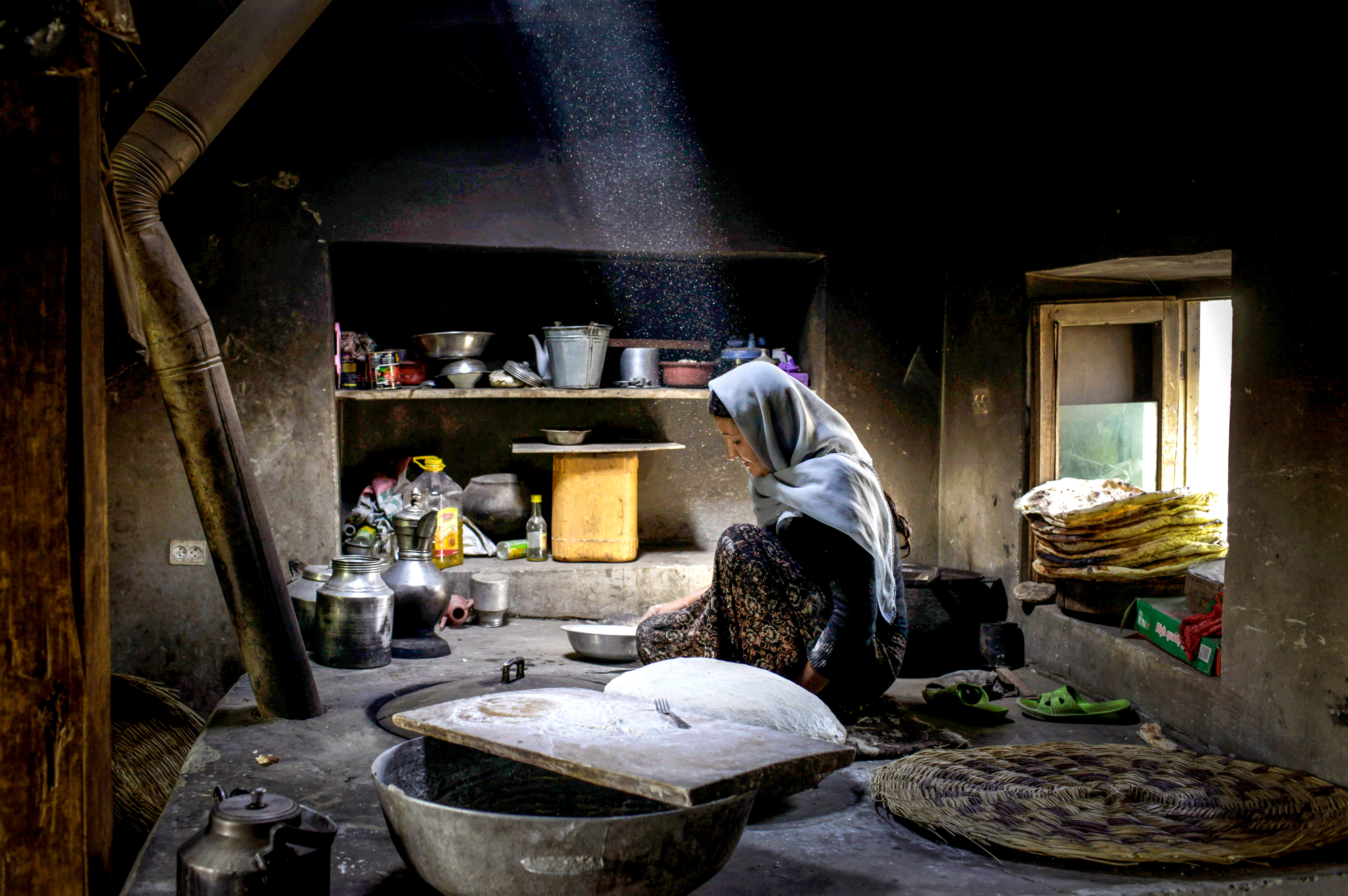L'oeil de la Genève Internationale
July 2017
The 40th session of the Codex Alimentarius Commission (CAC) takes place this week at CICG. The CAC is an intergovernmental body established by the World Health Organization (WHO) and the Food and Agriculture Organization of the United Nations (FAO) in 1963 to develop harmonized international food standards to protect the health of consumers and ensure fair practices in food trade.
The CAC is at the heart of the Joint FAO/WHO Food Standards Programme, setting international standards and guidelines for nutrition, food safety and quality. It also develops the Codex Alimentarius, which is the collection of all standards and recommendations as guidance for national authorities.
The 188 Codex members, together with observers from intergovernmental and non-governmental organizations, represent 99% of the world's population. While Codex standards are recommendations for voluntary application by members, they serve in many cases as a basis for national legislation.
WHO, as the parent organization to Codex together with FAO, supports the work of Codex by providing science-based risk assessment on various chemical and microbiological hazards in food through the FAO/WHO Scientific Advice programme. It also supports developing and transition economy countries to engage sustainably in Codex. For this, the Codex Trust Fund has been established to support over 100 eligible countries to build strong and sustainable national capacity to engage in Codex work.
WHO also supports the Commission financially and by providing strategic guidance.
Why are international food safety standards so important?WHO estimates that almost 1 in 10 people fall ill every year due to foodborne disease and that 420,000 deaths are caused by unsafe food, with children under five years of age accounting for almost one third.
Developing food safety standards based on science are essential for preventing foodborne diseases. Not all countries have the resources to provide the science and develop the standards. Also, global trade of foods requires an internationally harmonized and agreed system based on scientific evidence. Within the World Trade Organization's "sanitary and phytosanitary" measures (SPS Agreement), reference is made to Codex food safety standards, as these are the international benchmark and have far reaching implications for resolving trade disputes.
Text provided by WHO
Diana Markosian is an Armenian-American photographer who is a Magnum nominee since 2016. She took this photographie in Afghanistan (Badakhshan) in 2011. This photo represents food being prepared by an Afghan woman.
